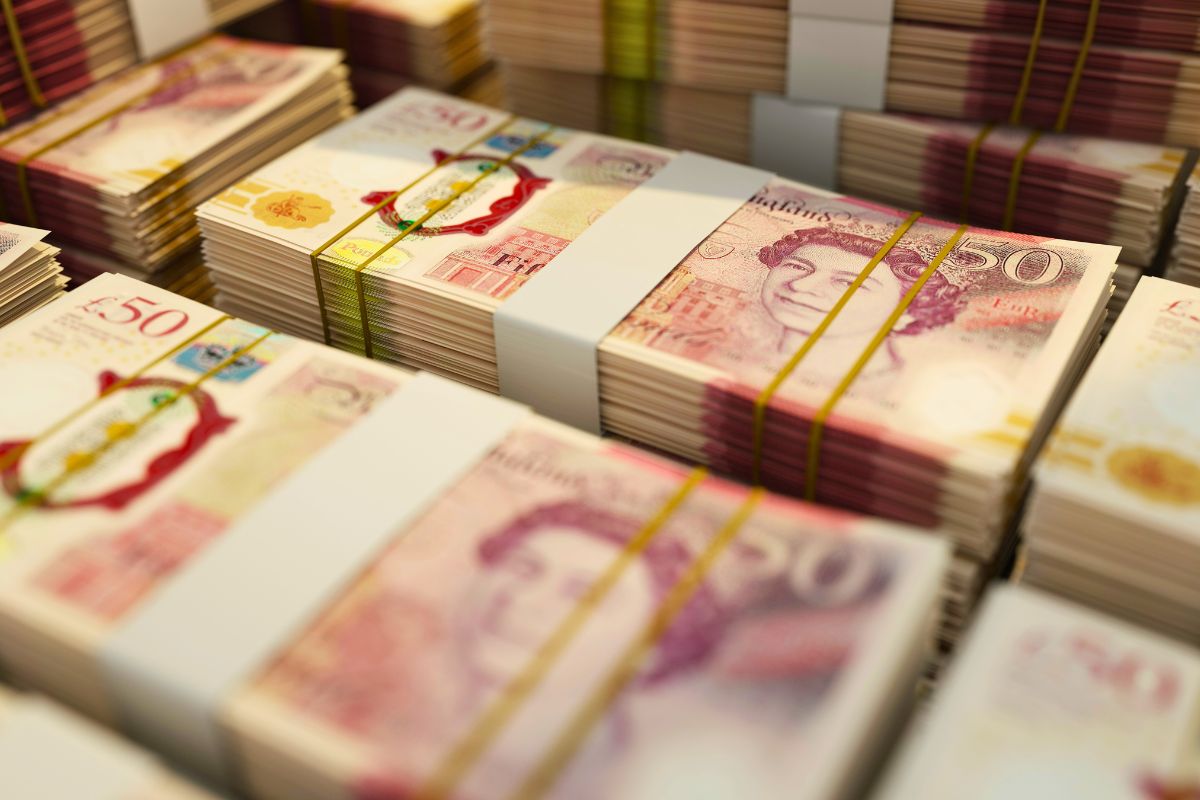Surprise Economic Growth in Q4 2024, But Challenges Remain for Rachel Reeves

Britain’s economy delivered an unexpected boost to economic growth at the end of 2024, narrowly dodging a feared technical recession and offering a momentary sigh of relief to Chancellor Rachel Reeves and the Labour government. Official figures from the Office for National Statistics (ONS) reveal that GDP grew by 0.1% in the final quarter, a modest but crucial upturn following stagnation in the previous three months.
While this growth is far from a resounding economic rebound, it offers some reassurance to policymakers who have prioritized economic expansion as a central pillar of their strategy. The services sector, which accounts for around 80% of the UK economy, played a leading role in the recovery, growing by 0.4% in December. A late-year surge in consumer activity, bolstered by increased spending in pubs, film distribution, and wholesale trade, contributed to the better-than-expected figures.
Table of Contents
ToggleMarket Reaction and Broader Economic Impact
The positive data sparked an immediate reaction in financial markets, with the pound rising half a cent against the dollar, briefly surpassing the $1.25 mark. However, despite the headline growth, the picture remains mixed. GDP per capita fell by 0.1%, reinforcing the reality that most households are not feeling the benefits of the statistical upturn. Stagnant wages, high borrowing costs, and persistent inflation continue to weigh on consumers.
For the whole of 2024, the UK economy expanded by just 0.9%, a feeble pace that highlights the sluggish recovery from past downturns. Within the final quarter, construction saw a moderate increase of 0.5%, while the production sector—including manufacturing—declined by 0.8%, reflecting ongoing struggles in industrial output amid weak global trade conditions.
A Lifeline for the Government – But No Room for Complacency
The stronger-than-expected figures provide Rachel Reeves with some fiscal breathing room as she prepares for the upcoming Spring Budget. Before the release of these numbers, some analysts feared the government would face pressure to raise taxes or implement aggressive spending cuts to meet fiscal rules. The modest GDP growth might allow her to sidestep the most drastic measures, but difficult decisions remain on the horizon.
Economists had widely anticipated a small contraction in Q4, which would have marked the UK’s second recession in just over a year—the previous one, dubbed the “Rishi recession,” struck in late 2023. The latest figures suggest that while growth is weak, the economy is not entirely in reverse. However, this does not change the underlying issue: Britain’s long-term economic performance remains lackluster, with productivity stagnation and weak investment continuing to drag on growth prospects.
Experts Weigh In: Cautious Optimism or Economic Malaise?
Economic analysts remain divided on what the latest data means for the broader outlook. Jeremy Batstone-Carr, European Strategist at Raymond James Investment Services, noted that while the UK “narrowly managed to avoid a contraction,” consumer spending remains subdued and business confidence surveys reflect an ongoing sour mood.
Joe Nellis, economic adviser at MHA, dismissed fears of stagflation, arguing that comparisons to the economic turmoil of the 1970s are overblown. While growth is sluggish and inflation remains a concern, the situation does not mirror the severe contractions seen in previous decades.
Kyle Chapman, FX Markets Analyst at Ballinger Group, warned that Reeves cannot afford to celebrate too soon. “Which side of zero the growth figures land is less important than the fact that the economy is flatlining,” he said, pointing out that tight monetary policy and fiscal constraints still pose serious challenges for the Treasury.
The Road Ahead: Policy Dilemmas and Economic Headwinds
The government’s ability to turn this fragile recovery into sustained expansion remains uncertain. The Bank of England recently halved its 2025 growth forecast from 1.5% to 0.75%, a stark reminder that the economy is far from out of the woods. With interest rates still elevated, business investment struggling, and household budgets under pressure, growth could remain sluggish well into next year.
For Reeves and Prime Minister Keir Starmer, the latest GDP figures offer a brief respite—but they also reinforce the urgent need for a credible, long-term strategy to boost investment, productivity, and living standards. Without stronger momentum, the economy risks drifting through yet another year of stagnation, leaving the government with tough choices ahead.
Bottom Line: A Small Victory, But No Economic Miracle
The unexpected GDP growth is a welcome surprise, but it does little to change the reality of the UK’s broader economic struggles. Reeves may have avoided the immediate political fallout of a technical recession, but without bolder reforms and sustained investment, Britain remains at risk of enduring yet another lost decade of weak growth.
Published by Steve Philips
I am committed to crafting high-quality, unique articles that resonate deeply with readers, offering genuine value and insights. I aim to create content our audience will love and truly benefit from. View more posts
Recent Post
Letflix: A New Age of Streaming Entertainment







